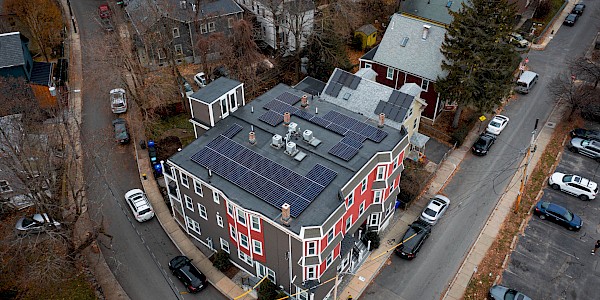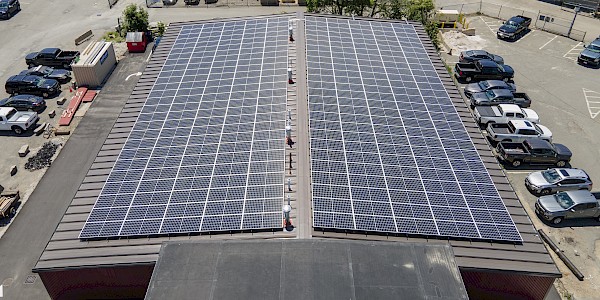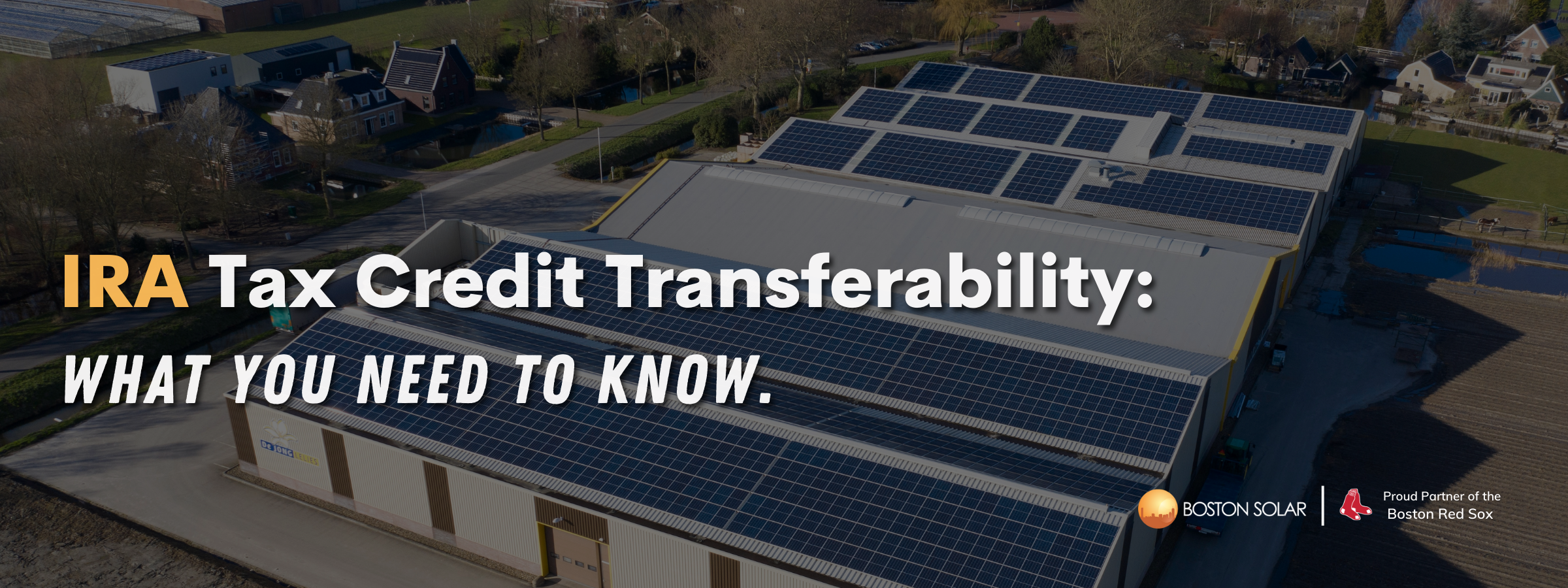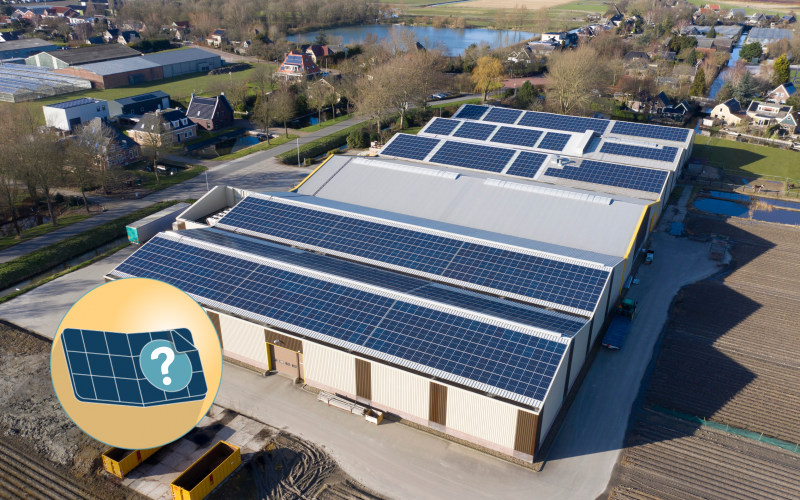IRA Tax Credit Transferability: What You Need to Know
Apr. 03, 2023
*DISCLAIMER: While this blog post discusses solar tax credits, you should ALWAYS consult your tax professional for your specific situation. We do not assume responsibility for your tax situation or credits.
The Inflation Reduction Act of 2022 allocated billions of dollars to energy tax credits and incentives that will help Americans transition to clean energy. The sweeping climate legislation revamped the federal solar tax credit, increasing it to 30% and extending it for ten years.
The solar power tax credit is in place for both residential and commercial solar installation, and you can take advantage of it now. But there is still some uncertainty surrounding one key provision: transferability, or direct transfer.
What Are Transferable Tax Credits?
A transferable tax credit is a tax credit that can be transferred or sold to another taxpayer or tax-paying entity for cash. Federal transferable tax credits are most often used as an incentive for businesses to invest in a certain area or industry, like renewable energy.
Is the Solar Tax Credit Transferable?
The commercial Investment Tax Credit (aka solar tax credit) and Production Tax Credit are transferable under the Inflation Reduction Act, eliminating barriers to large-scale clean energy projects.
Historically, clean energy tax credits have been non-transferable. To make use of tax credits as funding for large-scale solar projects, developers had to utilize tax equity: A solar developer would find an investor that has taxable profits within the United States and bring that investor on as an equity participant in the project. As an equity participant, the investor would be able to utilize the solar tax credit.
This approach can be beneficial, but it also presents many challenges that limit clean energy development. Smaller developers are less likely to be able to find willing tax equity investors, making it harder to fund smaller-scale solar projects. There are also many costs associated with tax equity, including complex ongoing accounting, that can add to project costs and cause delays.
Now that the solar federal tax credit is transferable, it will be easier for clean energy projects to get the financing they need.
Learn more about the new commercial provisions within the Inflation Reduction Act.
The Details of Solar Tax Credit Transferability Are Still Unclear
IRA tax credit transferability is expected to be a game changer in the clean energy transition. However, there is still a lot of uncertainty surrounding the details of this provision. This uncertainty is causing a slowdown in the tax equity market and could delay clean energy projects throughout the country.
According to PV Magazine, Seth Hanlon, Deputy Assistant Secretary for Tax and Climate Policy, U.S. Department of the Treasury, has said the Treasury Department is working with numerous federal agencies to provide guidance in the coming months, but declined to comment on specific timeframes for guidance on transferability.
Save on Your Commercial Solar Installation with Federal Tax Incentives
Although the IRS still needs to provide guidance around the rules and regulations that will accompany tax credit transferability, the solar tax credit is active for commercial solar projects.
If you’re interested in adding solar energy to your business, Boston Solar wants to help. We are the leading commercial solar installer in Massachusetts and have installed over 5,000 solar energy systems. Our solar experts can answer your questions about how the federal solar tax credit works and how your business or non-profit can take advantage of commercial solar tax incentives.
Save on commercial solar panel installation with federal tax incentives. Call 617-858-1645 or contact us to learn more.




